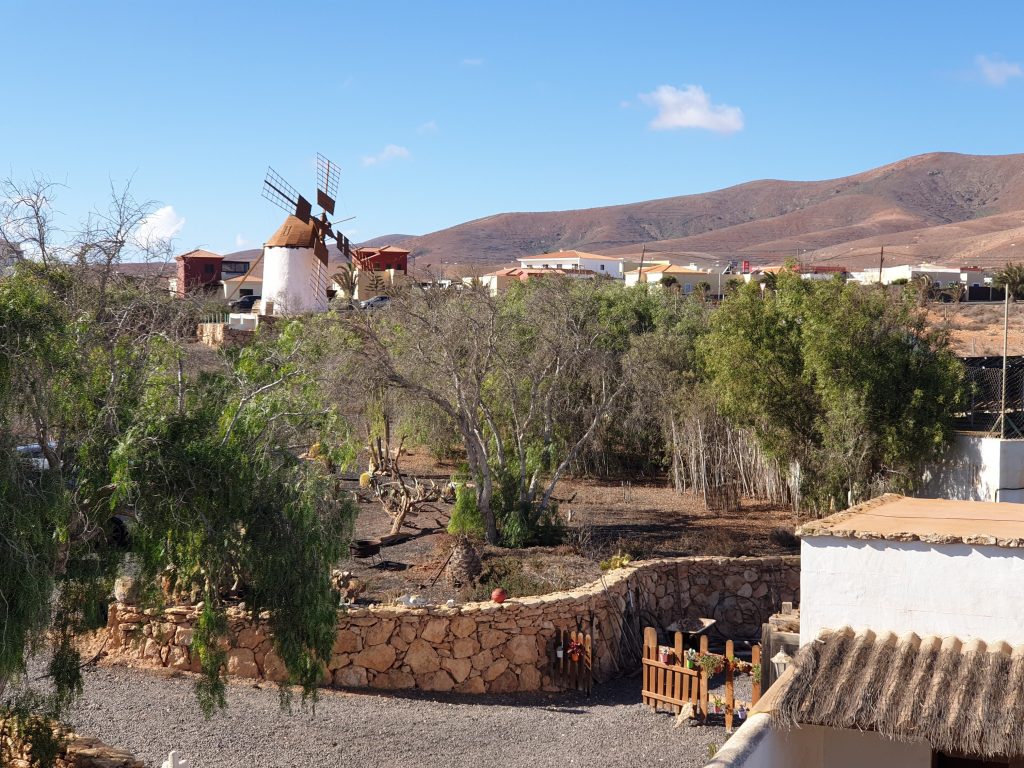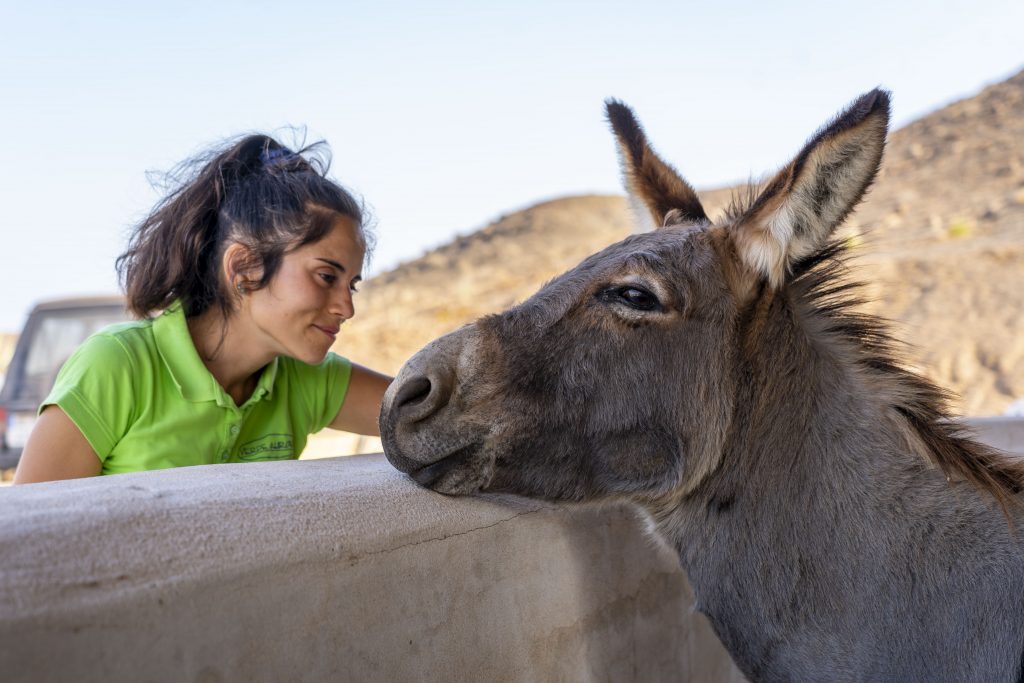Originally written by Elsa Rodríguez for Pueblos Remotos
Rural areas are the perfect setting to implement a sustainable tourism development model based on environmental, social and economic respect. The protection and conservation of the natural environment we are visiting is key to this type of tourism, as well as the well-being of the local community that lives in these places. Just as important is the profitability of the model, that is, it has to be sustainable in the long term. In addition, the involvement and commitment of local agents is essential if we want it to last and generate a positive socio-economic impact on the destination.

Photo credit: Javier López López
There are many reasons why we should choose this sustainable model where quality, exclusivity and authenticity prevail, versus a mass tourism model that is governed by mediocrity, quantity and lack of originality. For us, the 5 priority reasons why we should promote sustainable tourism in rural environments would be the following:
1) Back to the roots. The land is what gives us what we need to live and what sets the pace, nature commands. In the countryside there is no rush, tranquility prevails, what is now known as “slow life”. We need to get out of those cities full of noise, traffic and the running around to be able to rediscover ourselves, with our essence and with the meaning of being here and now. Going for a walk, breathing fresh air, hugging trees, listening to the sound of birds and leaves are many of the activities that will help us appreciate the rural world.
2) The connection between people. Traveling allows us to visit many places, learn about different cultures and immerse ourselves in new adventures. However, we rarely really manage to connect with the people who live in that place, understand their business or their way of life, learn their stories, in short, become part of their day to day life. The basis of sustainable tourism is connections, it allows visitors to integrate into the community by contributing their grain of sand while taking with them a wonderful experience. It is the synergies that prevail, that collaboration between people, both those who are part of the local community and those who are just passing through.
3) The creation of tourism products. The value chain of the tourism sector is very broad and transversal, many of the agents of the rural areas are unaware that their activity can be considered tourism. Sustainable tourism development allows innovation, diversification and the creation of new experiences for people who visit rural areas without losing the authenticity of what is being offered. A very simple example can be an ecological farm, which is dedicated to the cultivation of different vegetables and fruits, and which begins to organize sustainable seedbed workshops. Opening the doors and welcoming visitors (“tourists”) offering them authentic experiences is the creation of a tourism product.

Photo credit: Teddy Murphy.
4) The empowerment of local entrepreneurs. Most businesses or projects in rural settings are family or one-person run. When a sustainable tourism model is implemented, they are made visible, it is communicated to the world that they exist and that their work has value. They begin to collaborate with other local actors who are in the same situation, synergies arise between them and they feel empowered because they stop fighting alone. Union means strength and it is what allows us to go further and beyond.
5) Alignment with the Sustainable Development Goals (SDGs). The development of sustainable tourism in rural areas contributes positively to the achievement of most of the Sustainable Development Goals (SDGs) of the United Nations 2030 Agenda, especially the following:
- SDG 8 “Decent work and economic growth”, fostering the entrepreneurial spirit, especially among young people, providing access and creating new employment opportunities, diversifying economic sectors and reducing youth unemployment and the brain drain.
- SDG12 “Responsible production and consumption”, supporting agroecological production, prioritizing family farming that manages its farm in a sustainable way and raising awareness of the importance of buying zero kilometer products, as close as possible.
- SDG 17 “Alliances”, involving local Administrations to generate effective alliances in the public-private sphere and promoting collaborations between rural companies horizontally.
At Pueblos Remotos we have designed a model that precisely promotes these 5 basic aspects. Each of the editions takes care in detail of the criteria of what we have called “Connected Rurality” that promotes connection with: the environment, ourselves, other people like us, the local community and the world in general, through the use of new technologies and digitization.

Futural Tourism Founder & CEO.
Sustainable Tourism Specialist with over 10 years of varied professional experience in the fields of sustainable tourism management and research, access to finance for small and medium enterprises, credit infrastructure and international commerce.

